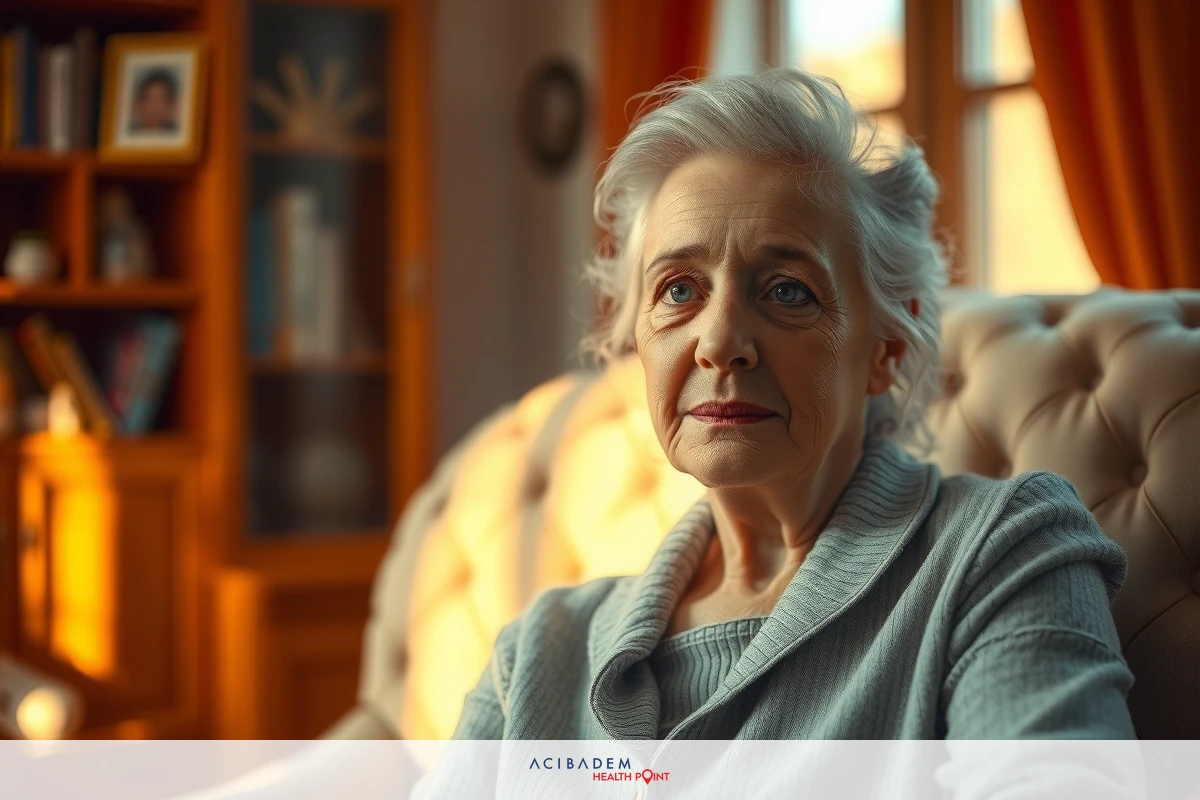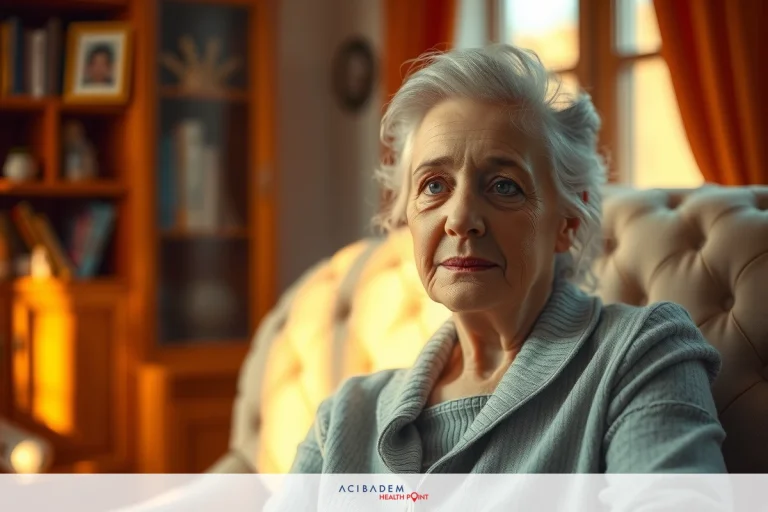How is ALL treatment adjusted for elderly patients?
How is ALL treatment adjusted for elderly patients? Elderly patients face unique challenges when it comes to medical care. Their bodies respond differently to treatments that younger people often tolerate well. Doctors take special care in adjusting treatments for leukemia, particularly Acute Lymphoblastic Leukemia (ALL), ensuring that the therapy suits an older person’s needs. Tailoring medication and support requires a careful balance between effective cancer control and manageable side effects.Medical teams focus on creating a comfortable experience for older individuals dealing with ALL. They weigh factors like existing health conditions, personal preferences, and overall life quality when planning treatment strategies. The goal is always to provide meaningful help while respecting the patient’s daily living situations. With advances in healthcare options now exist that cater specifically to the needs of your seniors.
Regular check-ups are part of managing any treatment plan effectively especially in geriatric oncology cases. Adjustments may include altering drug dosage or opting for less intensive therapies if necessary. Communication between doctors and their elderly patients ensures that each step taken contributes positively towards recovery goals without overwhelming them physically or emotionally.
Treatment Options
In healthcare, especially for elderly patients with ALL, doctors often adjust treatment plans. They look at the patient’s age and health to choose the best option. Less harsh treatments are sometimes better for older people. This way they can still fight the cancer but have fewer side effects from strong drugs.
Chemotherapy is a common choice in treating ALL but it can be hard on geriatrics. Doctors might lower doses or pick drugs that are easier to handle. The aim is to kill cancer cells while keeping patients as healthy as possible. Tailored care means changing things when needed based on how the patient does.
For some elderly patients doctors may suggest staying in a hospital during treatment. Here they get close watch and quick help if there are problems with their therapy. It’s all about giving each person what works best for them in their fight against leukemia.
Another part of tailored care for ALL in older adults involves support beyond medicine. Things like nutrition help and physical therapy play roles too. These extra steps make sure that treatment options consider the whole person not just their illness.
Managing Side Effects
When treating ALL in elderly patients managing side effects is key. It’s important because older bodies can be more sensitive to treatments. Healthcare providers take steps to prevent or ease these side effects. They watch closely and adjust treatment as needed for each patient’s comfort.
One strategy is using medications that help with specific side effects like nausea. These meds can make chemo easier for geriatrics to handle. Another approach includes staying hydrated and eating well which helps reduce treatment strain on the body. Good self-care practices support overall health during this tough time.
Regular check-ins with doctors allow quick action if new symptoms show up. This means less discomfort and better quality of life while battling ALL. Elderly patients are encouraged to report any changes they notice right away no matter how small.
Finally rest plays a big role in side effect management for elderly individuals under treatment for ALL. Enough

sleep helps their bodies recover from therapy sessions faster and reduces stress levels too.
Supportive Care
Supportive care is a big part of treating ALL in elderly patients. This kind of care focuses on comfort and well-being not just the illness. It includes things like pain relief, help with eating, and emotional support. The goal is to make life better for those going through treatment.
Healthcare workers also help manage stress that comes with an ALL diagnosis. They might offer counseling or connect patients with support groups. These services give people a chance to share their feelings and find common ground with others. Feeling less alone can improve someone’s outlook during treatment.
In addition home health services may be part of supportive care for geriatrics battling ALL. Nurses or aides visit patients at home to check on them and give treatments if needed. This way older adults can stay in a familiar setting while getting the help they need.
Follow-Up Care
After ALL treatment follow-up care is crucial for elderly patients. Regular visits to the doctor help keep track of recovery and any signs of cancer returning. These check-ups often include blood tests, physical exams, and sometimes scans. Staying on top of these appointments is key to managing health post-treatment.
Follow-up care also involves monitoring for late effects of treatments like chemo. Some side effects can show up months or even years later in geriatrics. By keeping a close eye on their health status doctors can catch and address these issues early.
In addition to medical checks follow-up includes reviewing a patient’s daily functioning. Healthcare providers assess how well elderly individuals are coping with everyday tasks at home. This might lead to adjustments in supportive services or rehab programs as needed.
Health education plays an important role in this phase too. Doctors inform patients about symptoms they should watch out for between visits. Elderly patients learn when it’s necessary to seek immediate medical attention during their recovery period.
Emotional well-being is part of comprehensive follow-up care plans for ALL survivors among the elderly population. Mental health support helps them adjust back into life after intense treatment courses have concluded. Ensuring psychological stability contributes greatly to overall successful outcomes post-ALL therapy. How is ALL treatment adjusted for elderly patients
Clinical Trials
Clinical trials are a bridge to new ALL treatments for elderly patients. They test how safe and effective these innovative therapies are before wide use. Elderly people can sometimes join these studies giving them access to cutting-edge care options. It’s one way healthcare is pushing forward in finding better ways to fight leukemia. How is ALL treatment adjusted for elderly patients
For geriatrics clinical trials offer hope where standard treatment might not be ideal. These trials consider an older person’s unique health situation when testing new drugs or methods. Researchers look at how well elderly bodies handle the treatment and what outcomes they see. This careful study helps improve care for all elderly patients with ALL. How is ALL treatment adjusted for elderly patients
Doctors often discuss the possibility of joining a trial with their patients as part of treatment planning. They explain the risks and benefits helping individuals make informed choices about their care path. Being part of How is ALL treatment adjusted for elderly patients
such research means contributing to knowledge that could help others in the future too. How is ALL treatment adjusted for elderly patients
Sometimes clinical trials focus on reducing side effects while still effectively treating ALL in seniors. Finding gentler yet powerful treatments is important for this age group’s quality of life during cancer therapy. Studies like these are crucial steps towards more tailored and less harsh options for your elders.
Participation in clinical trials requires close monitoring which adds another layer of safety for participants. Regular checks ensure any issues are caught early making sure patient welfare stays front and center throughout the process. Joining a trial comes with thorough oversight from medical professionals dedicated to advancing healthcare responsibly.
Frequently Asked Questions
What is ALL and why is treatment different for elderly patients?
Acute Lymphoblastic Leukemia (ALL) is a type of cancer that affects white blood cells. Treatment differs for the elderly because they often have other health issues and may handle side effects differently.
Can elderly patients with ALL still receive chemotherapy?
Yes, many can still receive chemotherapy but in adjusted doses or different combinations to minimize harsh effects while treating the leukemia effectively.
Are there alternative treatments to chemo for ALL in older adults?
There are alternatives like targeted therapy drugs and immunotherapies that might be suitable. Doctors will determine the best approach based on each patient's health status.









